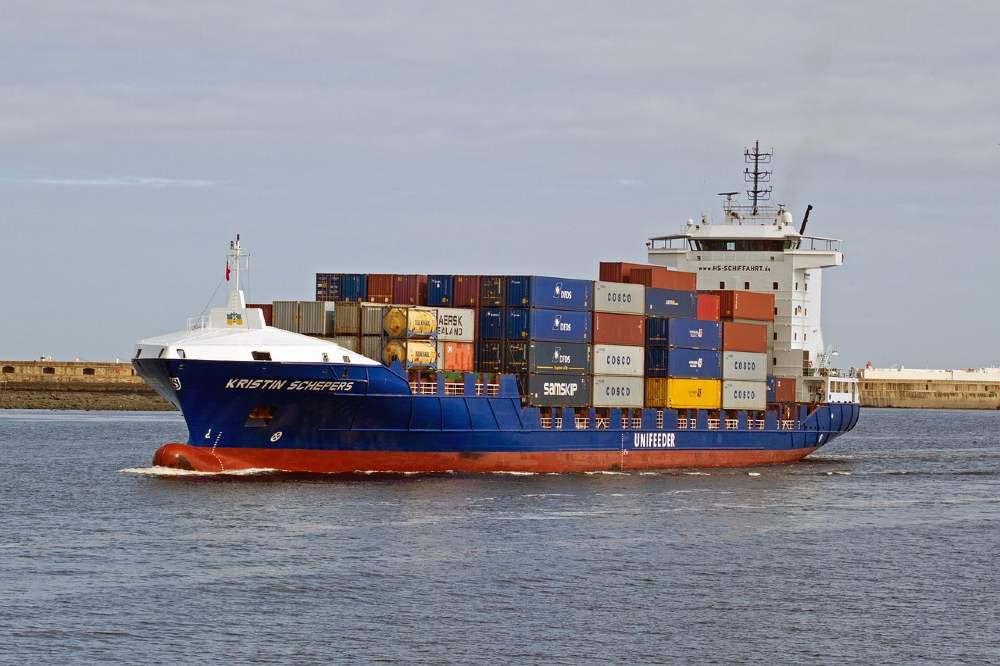
How to Become a Successful Freight Broker: 6 Essential Steps
Are you ready to embark on a lucrative journey in the logistics industry? As a freight broker, you’ll act as a crucial link between shippers and carriers, facilitating the movement of goods across the country. By mastering key skills and understanding the market, you can establish yourself as a trustworthy intermediary. Discover the essential steps to thrive in this dynamic field.
Contents
Education and Training
Education and training are paramount for becoming a successful freight broker as they provide a strong foundation in industry knowledge and essential business skills. Attending the Freight Broker Boot Camp will lead to you understanding the complexities of freight movement, federal and state regulations, and the logistics landscape is crucial.
Training programs and certifications offer insights into real-world scenarios, from negotiating with carriers to managing shippers’ needs efficiently.
Aspiring brokers can obtain education through specialized freight broker training courses offered online or in-person, which cover topics like transportation law, record-keeping, and freight software.
Additionally, acquiring a license from the Federal Motor Carrier Safety Administration (FMCSA) further solidifies your expertise and credibility. Continuous learning through industry webinars and workshops also helps in staying updated with market trends, ensuring enduring success in this competitive field.
Get a License
Obtaining a license is imperative for anyone aspiring to be a successful freight broker because it not only establishes legal compliance but also significantly boosts credibility with clients and partners. The license, specifically a Broker Authority or MC Number, is required by law to operate as a freight broker in the United States. It signifies that you have met the federal standards and are authorized to facilitate transportation logistics.
To acquire this license, you must apply through the Federal Motor Carrier Safety Administration (FMCSA). The process involves completing the OP-1 application form, paying the associated fee, and securing a surety bond or trust fund agreement. This bond acts as a safeguard for shippers and carriers against any unforeseen liabilities, enhancing trust and reliability in your brokerage services.
Choose the Right Transportation Management Software
Technology plays a crucial role in the freight brokerage business, and choosing the right transportation management software (TMS) can significantly impact your success. Here are some popular choices:
- Truckstop
- McLeod software
- AscendTMS
- Aljex
- FreightPath
- DAT Broker TMS
- Kuebix
- MercuryGate
This software streamlines operations by automating tasks and providing real-time data insights. TMS enhances efficiency in load tracking, route optimization, and billing, reducing manual errors and saving time. It facilitates better decision-making with advanced analytics and reporting tools, ensuring smooth communication between shippers and carriers.
By improving visibility and control over logistics processes, TMS strengthens client relationships and maximizes profitability, giving brokers a competitive edge in the dynamic logistics landscape.
Secure a Surety Bond or Trust Fund Agreement
Surety bonds and trust funds serve as a financial guarantee and legal protection, fostering trust with shippers and carriers. A surety bond ensures that brokers fulfill their contractual obligations, providing compensation up to a specific limit if agreements are breached. Alternatively, a trust fund agreement acts as a financial reserve, safeguarding stakeholders against potential losses.
To obtain a surety bond, brokers must work with an authorized bonding company, submit an application, and pay an annual premium, which varies based on creditworthiness. For a trust fund agreement, brokers must deposit a minimum amount as dictated by the Federal Motor Carrier Safety Administration regulations.
Build Relationships with Carriers and Shippers
Networking establishes vital connections within the logistics industry, leading to increased opportunities and trust. Building strong relationships with carriers and shippers ensures efficient and reliable service delivery, which enhances your reputation. To foster these connections, start by attending industry events and trade shows where you can meet potential partners and engage in meaningful conversations.
Join professional organizations and online forums to stay informed about industry trends and access valuable contacts. Regular communication and transparent negotiation processes help build trust while offering excellent service ensures long-term partnerships. Strong networks pave the way for success by providing a steady flow of business and collaboration opportunities.
Create a Marketing Plan
Marketing establishes a robust brand reputation and attracts potential clients and carriers. A well-designed marketing plan promotes your services, differentiates you from competitors, and builds trust. To create an effective plan, start by defining your target audience and understanding their needs.
Utilize digital marketing strategies like SEO, social media, and content creation to reach a broader audience. Consider traditional methods such as attending trade shows and networking events for direct engagement.
Set clear objectives and regularly assess the effectiveness of your marketing efforts through analytics and feedback. Tailoring your approach based on these insights ensures continuous growth and the establishment of lasting industry partnerships.
Becoming a successful freight broker is within your reach if you follow these essential steps. Prioritize education, obtain necessary licenses, and choose the right tools. Build strong relationships, secure financial protections, and craft a strategic marketing plan. With dedication and persistence, you’ll excel in the logistics industry and enjoy a rewarding career journey.


